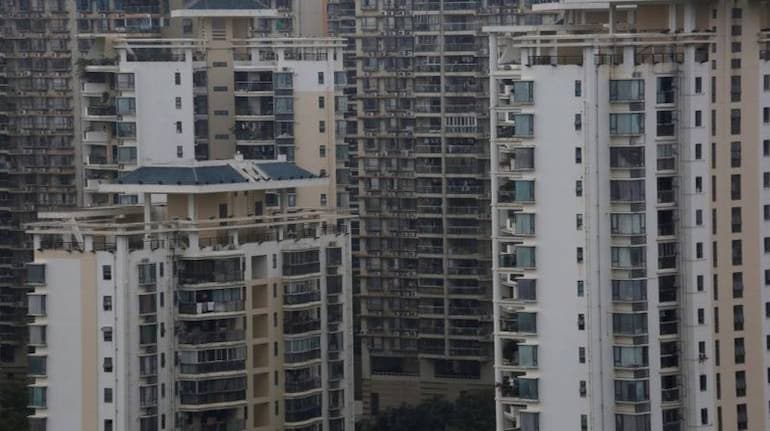



Real estate developers reeling under liquidity crisis and the financial impact of coronavirus outbreak seek to make COVID-19 a part of the force majeure provision under Section 6 of RERA and extend registration granted to promoters by a year.
“As cash flows are affected because buyers cannot fulfil commitments due to the financial meltdown, additional funds from financial institutions are needed to meet increased costs on the same terms as existing loans and without additional collaterals,” developers’ body Credai said in a statement.
The force majeure provision under RERA provides that registration granted to promoters may be extended. Therefore, project completion time and exemption from penal charges should be extended by a year, it said.
Force majeure clause in RERA lays down the unforeseen circumstances under which a builder may not fulfill conditions as per the contract signed with the homebuyers. RERA states the circumstances of force majeure such as war, flood, drought, fire, cyclone, earthquake or any other natural calamity.
"In view of there being no cash inflow for real estate, Special Mention Assets classification adopted by the RBI for delayed payments should be kept in abeyance or amended so that delays in repayments are not to be reported for the first 90 days," Credai has proposed.
The group also said that the real estate industry is directly impacted by the coronavirus outbreak as customers have no means to meet their obligations against home purchases. Malls, multiplexes, restaurants and clubs are deserted and default on rent payments is imminent.
“If the real estate industry does not receive payments from the customers, there is no way it can honour its obligations of interest and principal or meet delivery deadlines promised to customers,” it noted.
“Loans by real estate developers should also not be classified as NPA in case they default on interest or principal repayment due to COVID-19,” the builders said.
The real estate sector contributes to 10 percent of the national GDP and is the second-largest employer in the country. Hence, it is of utmost urgency that interest rate on all real estate project loans be reviewed at the repo rate on which banks borrow from the RBI.
Principal repayments for real estate projects due over the next three months be put off and recovered in installments over the next 12 months, it stated.
Discover the latest Business News, Sensex, and Nifty updates. Obtain Personal Finance insights, tax queries, and expert opinions on Moneycontrol or download the Moneycontrol App to stay updated!
Find the best of Al News in one place, specially curated for you every weekend.
Stay on top of the latest tech trends and biggest startup news.